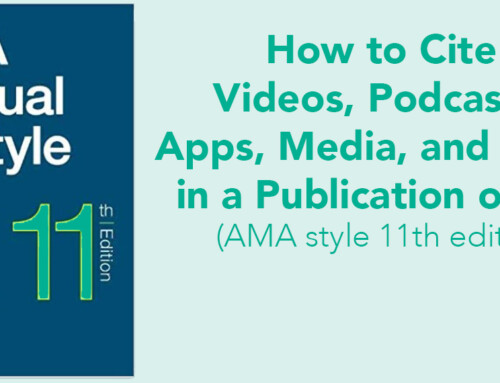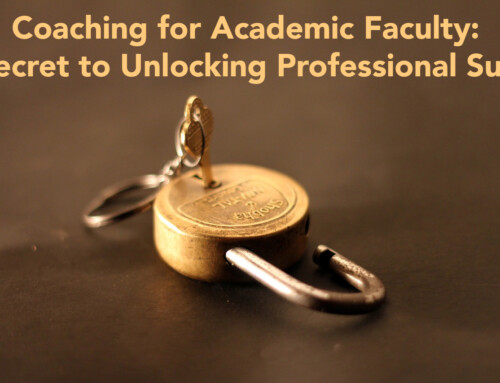Open Access is not just an issue that plagues scientists and clinical  practitioners. Allowing access to scholarly publications and academic work is also widely debated in the humanities as well. We found this out as we sat down and discussed Open Access with Dr. Martin Eve (@martin_eve).
practitioners. Allowing access to scholarly publications and academic work is also widely debated in the humanities as well. We found this out as we sat down and discussed Open Access with Dr. Martin Eve (@martin_eve).
Who Is Dr. Eve?
Martin Eve, PhD
Founder and Academic Project Director of the Open Libraries of Humanities
Lecturer in English Literature
University of Lincoln
London, UK
MartinEve.com
What is Open Access?
According to the 2002 Budapest Open Access Initiative, Open Access means to have free and unrestricted access to peer-reviewed literature by scientists, scholars, teachers, students, and anyone with interest. The end user can read, download, copy, distribute, print, search, or link the full texts of the scholarly works.
[su_spoiler title=”Timestamps” style=”simple” icon=”caret”]- 2:12 What is Open Access, and why should we strive for it?
- 5:15 Issues and problems
- 6:54 Green and Gold Route to funding
- 8:55 The cost model
- 13:45 Role of social media and journals
- 19:15 Impact of Open Access on undergraduate and graduate education
- 23:30 How to engage the public in the debate
- 26:42 Open Library of Humanities Project
Background Reading
- Berlatsky, Noah. “Why isn’t academic research free to everyone?” The Atlantic. Atlantic Media Company, 19 Nov. 2014. Web. 26 Jan. 2015.
- Eve, Martin. “Open access and the humanities: reimaging our future. ” The Guardian. 25 March 2013. Web. 26 Jan. 2015.
- “Open Access and the Humanities.” Dr Martin Paul Eve. Cambridge Books Online, 27 Nov. 2014. Web. 26 Jan. 2015.




